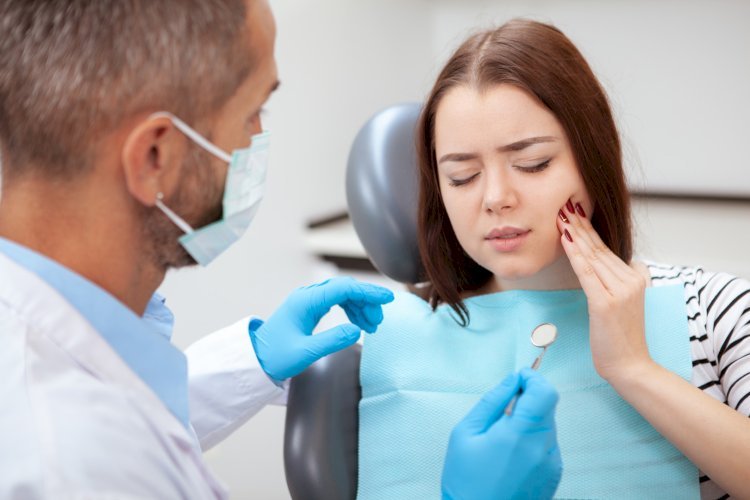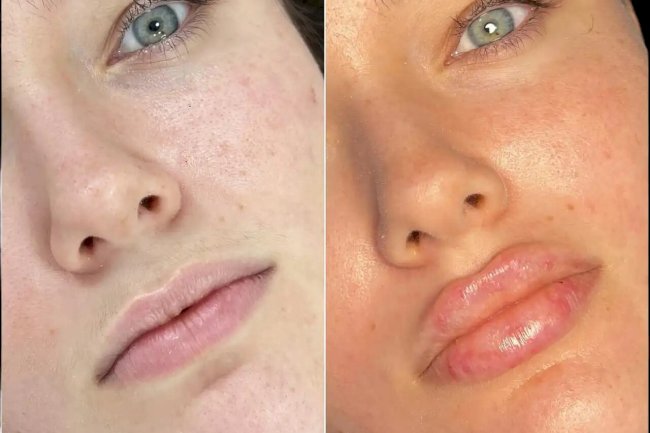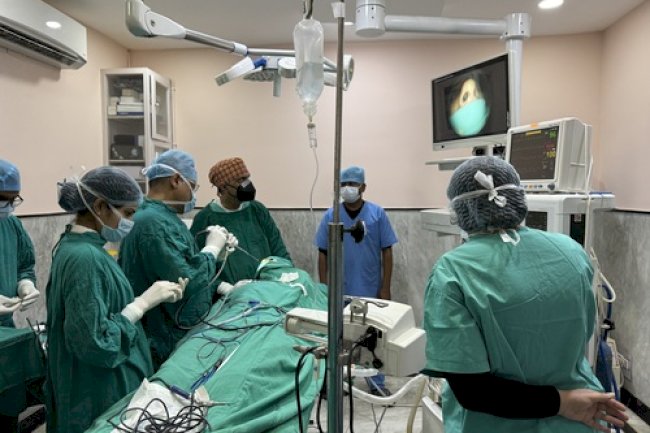Dental Emergency? What Ottawa Residents Should Do Before Reaching the Dentist

Dental emergencies can happen unexpectedly—whether it's a chipped tooth, knocked-out tooth, bleeding gums, or severe toothache. In these moments, acting quickly and correctly can prevent further complications and help save your smile. For residents of Ottawa, knowing what steps to take before reaching the dentist can make all the difference.
In this blog, we’ll walk you through essential tips and emergency steps to follow if you or a loved one experiences a dental emergency. Whether you’re at home or at work, being prepared can ease pain, protect your oral health, and possibly even save a tooth.
1. Stay Calm and Assess the Situation
The first and most important step is to remain calm. A dental emergency can be stressful, but panic can make things worse. Take a moment to breathe and assess what has happened. Is there bleeding? Swelling? Pain? Knowing the severity of the situation helps you determine what immediate steps are necessary.
If there’s heavy bleeding or trauma involving the face or jaw, go directly to the emergency room. For other issues—such as broken crowns, toothaches, or knocked-out teeth—contact your dentist right away.
2. Control Bleeding and Swelling
For injuries involving cuts inside the mouth or around the lips and tongue, rinse your mouth gently with warm salt water. This helps clean the area and reduce bacteria. Apply clean gauze to stop bleeding, and hold it in place for 10–15 minutes. If bleeding continues, seek emergency care immediately.
Swelling is often a sign of infection or trauma. Apply a cold compress to the outside of your cheek near the swollen area. This can help reduce inflammation and numb the pain until you can see your Ottawa dentist.
3. Handle Knocked-Out or Broken Teeth Carefully
A knocked-out tooth is one of the most urgent dental emergencies. If this happens, try to locate the tooth and hold it by the crown (top), not the root. Rinse it gently with water, but don’t scrub it or remove any attached tissue. Try to place the tooth back in its socket. If that’s not possible, store it in a container of milk or saliva until you reach your dental provider.
If a tooth is cracked or broken, rinse your mouth with warm water and keep the area clean. Apply a cold compress to control swelling and contact your dentist for emergency treatment.
4. Temporary Relief for Toothaches
Toothaches can be caused by various issues—decay, infection, or trauma. Start by rinsing your mouth with warm water and using dental floss to remove any trapped food. Avoid placing aspirin directly on the gums, as this can cause chemical burns.
Over-the-counter pain relief may help, but it’s essential to contact a dentist near you on Bank Street if the pain persists. Untreated toothaches can worsen quickly and lead to serious infections.
5. Protect Broken Dental Restorations
If a crown or filling falls out, try to save it and bring it with you to the dentist. You can temporarily reattach a crown using over-the-counter dental cement or even sugar-free gum in a pinch. Avoid chewing on the affected side and contact your Bank Street dentist in Ottawa to get the restoration repaired as soon as possible.
Dental restorations protect the structure of your teeth, and delaying treatment can expose the inner layers to bacteria, increasing the risk of infection or further damage.
6. Avoid Home Remedies and Get Professional Advice
It’s tempting to search for quick fixes online, but many home remedies can do more harm than good. Avoid using sharp tools to dislodge objects from between teeth or applying excessive pressure to sore areas. The best course of action is always to consult your dentist directly. Most dental offices in Ottawa, including those on Bank Street, offer emergency slots and can guide you over the phone until you arrive.
7. Keep an Emergency Dental Kit Handy
Just like a first aid kit, having a small dental emergency kit at home or in your car can be incredibly useful. It should include:
-
Gauze pads
-
A small container with a lid
-
Dental floss
-
Over-the-counter pain relief
-
Dental cement (available at pharmacies)
-
Contact information of your dentist
This preparation can help you respond faster and with more confidence in an emergency situation.
8. Prevention Is Always Better Than Cure
While not every dental emergency is preventable, many are. Wearing a mouthguard during sports, avoiding hard or sticky foods, and maintaining regular dental check-ups can significantly reduce your risk of dental trauma or sudden tooth pain. Preventive care plays a huge role in keeping your mouth healthy and avoiding those urgent calls to the dentist.
Conclusion: Count on Dr. Sirwan Dental When It Matters Most
In a dental emergency, having a trusted provider can bring peace of mind. At Dr. Sirwan Dental in Ottawa, we prioritize your comfort and provide fast, compassionate care during urgent situations. Conveniently located on Bank Street, our office is equipped to handle everything from broken teeth to severe pain and swelling.
If you ever find yourself in need of emergency dental care, don’t wait—reach out to our experienced team. We’re here to help you protect your smile and get back to feeling your best.
What's Your Reaction?















